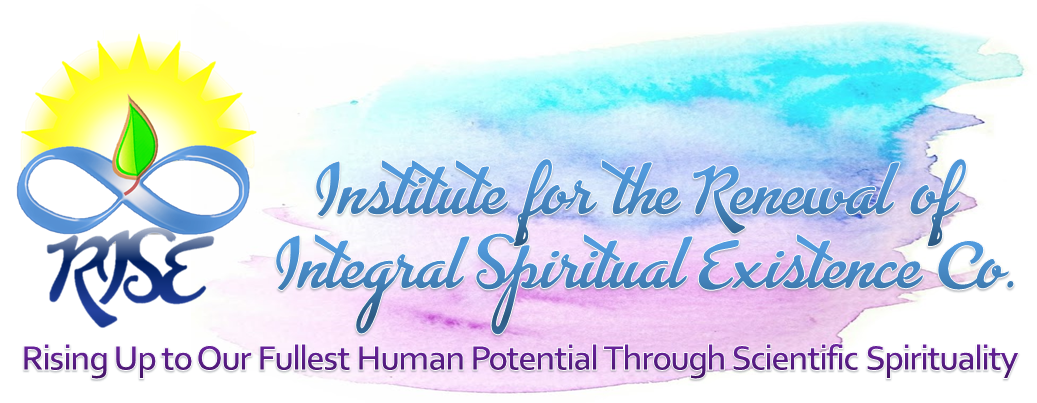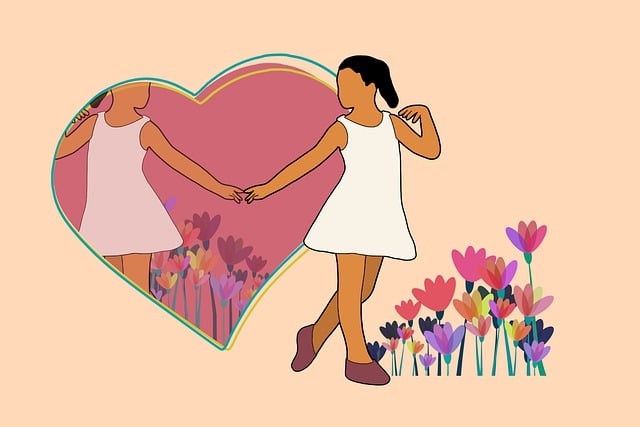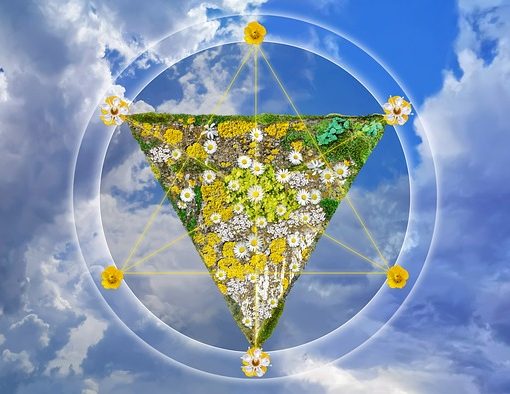The article discusses the importance of self-love and integration of the self in overcoming chronic anxiety and inner turmoil, which the author attributes to a societal trend of self-hatred exacerbated by cultural and religious teachings. It references Michael Leunig’s artwork “Heartscape” to illustrate the concept of internal warfare that many individuals face, suggesting that this struggle contributes to a broader anxiety pandemic. The author argues that historical figures like Jesus and Rabbi Akiva emphasized the need for self-love as fundamental to well-being, yet modern interpretations often frame self-care as selfishness. By advocating for better integration between the limbic (emotional) brain and the prefrontal (rational) cortex, the article posits that individuals can achieve more excellent emotional health and compassion, ultimately leading to a more harmonious society. The author encourages practices such as deep breathing and emotional validation to foster this integration, promoting a vision where self-love and love for others become effortless.
Editor’s Note: The article’s exploration of self-love as a remedy for chronic anxiety highlights a crucial yet often overlooked aspect of mental health: the need for individuals to embrace their worth in a society that frequently promotes self-criticism. As the author points out, cultural and religious narratives can contribute to a cycle of self-hatred, making it imperative to shift towards practices that foster self-acceptance and emotional integration. This shift is beneficial for individual well-being and essential for cultivating a compassionate society. When people learn to love themselves, they are better equipped to engage with others empathetically, breaking down barriers of judgment and fostering more profound connections. As advocated in the article, the integration of emotional and rational aspects of the self aligns with insights from various psychological and spiritual traditions that emphasize the transformative power of self-love. By prioritizing practices such as mindfulness and emotional validation, we enhance our lives and contribute to a collective healing process, paving the way for a more harmonious existence.
Read Original Article
Read Online
Click the button below if you wish to read the article on the website where it was originally published.
Read Offline
Click the button below if you wish to read the article offline





